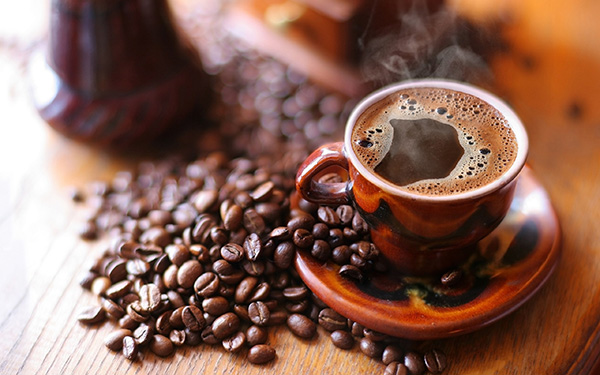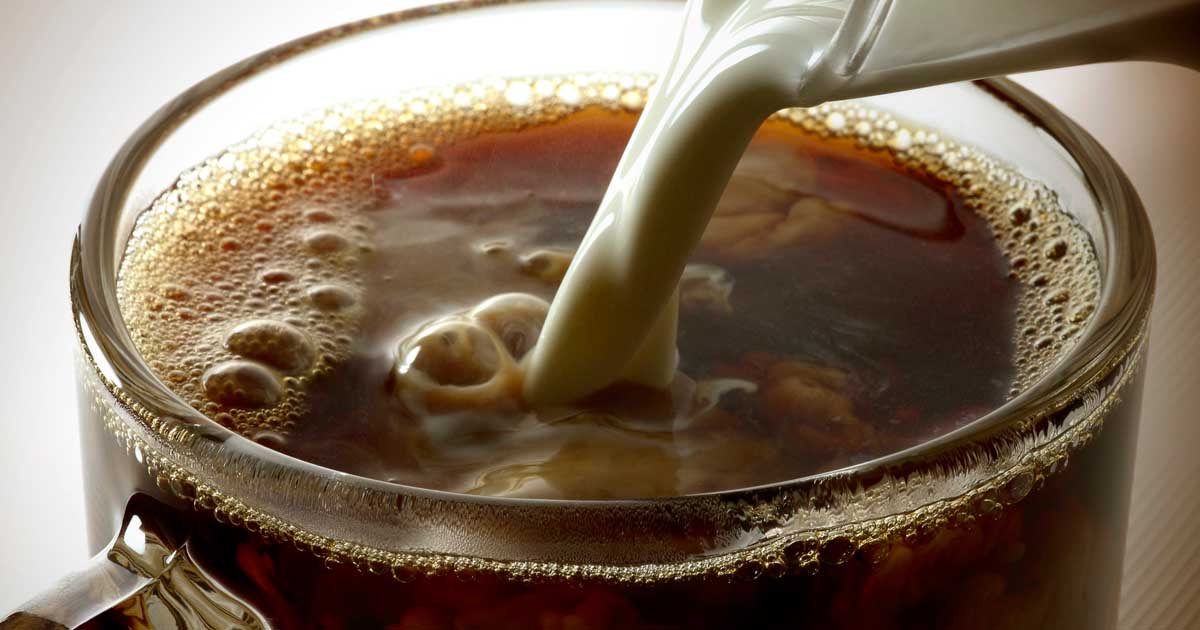Coffee
Coffee Does Not Pump Up Your Heart Rate
Contrary to popular belief, a recent study conducted by a team of researchers at the University of California states that drinking coffee regularly does not cause the heart to beat more (unless you are totally crushing on your morning cuppa).
Even though previous reports suggest that drinking coffee does up the heart rate, the latest findings go against them. This has prompted the research team to call for clinical recommendations against caffeine to be reconsidered.
Findings of Research Past
Past research has shown that premature atrial contractions (PACs) in the top chambers of the heart and excessive premature ventricular contractions (PVC) at the bottom are linked to a number of different forms of heart disease, and can be caused by caffeine consumption.
Additionally, current guidelines from the American College of Cardiology and the American Heart Association recommend that caffeine; alcohol and nicotine consumption should be discontinued entirely to prevent heart problems from deteriorating.
Findings of Research Present
The team at the University of California has cited evidence showing that caffeinated products including coffee, chocolate, and tea could in fact have cardiovascular benefits.
Published in the ‘Journal of the American Heart’, the research required scientists to examine 1,388 randomly chosen participants from the United States’ National Heart, Lung and Blood Institute (NHLBI) Cardiovascular Health Study database of nearly 6,000 patients. Only those with obstinate extra heartbeats were omitted.
The Study
The scientists recorded how often the participants ate, as well as their coffee, tea, and chocolate intake. Apart from this analysis, participants also underwent a 24-hour ECG test.
Of the total volunteers, 80% consumed more than one product containing caffeine on a daily basis. Researchers found that they did not any added heartbeats per hour, even after consuming coffee, tea and chocolate.
Senior author Gregory Marcus, MD, MAS, a UCSF Health cardiologist and director of clinical research in the UCSF Division of Cardiology, said: “Clinical recommendations advising against the regular consumption of caffeinated products to prevent disturbances of the heart’s cardiac rhythm should be reconsidered, as we may unnecessarily be discouraging consumption of items like chocolate, coffee and tea that might actually have cardiovascular benefits.”
The team hasn’t yet put an end to the finding and says that further research is now needed to understand whether consuming excessive amounts of caffeine affect heartbeats.























